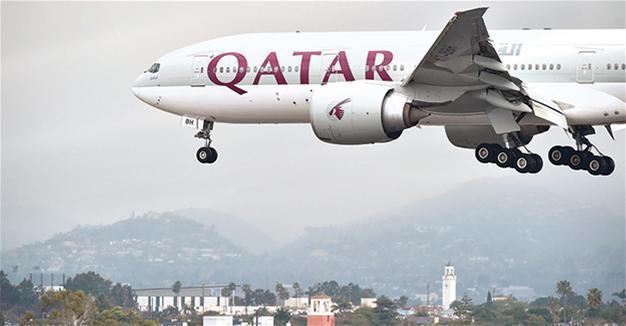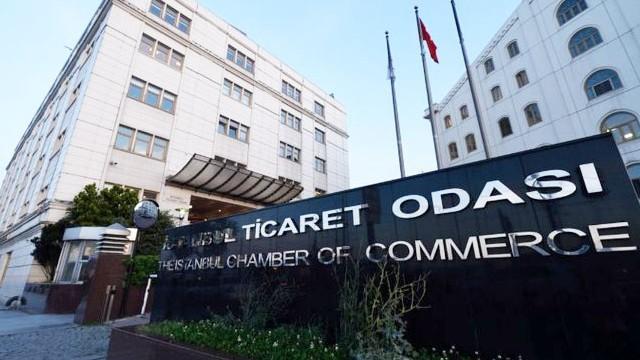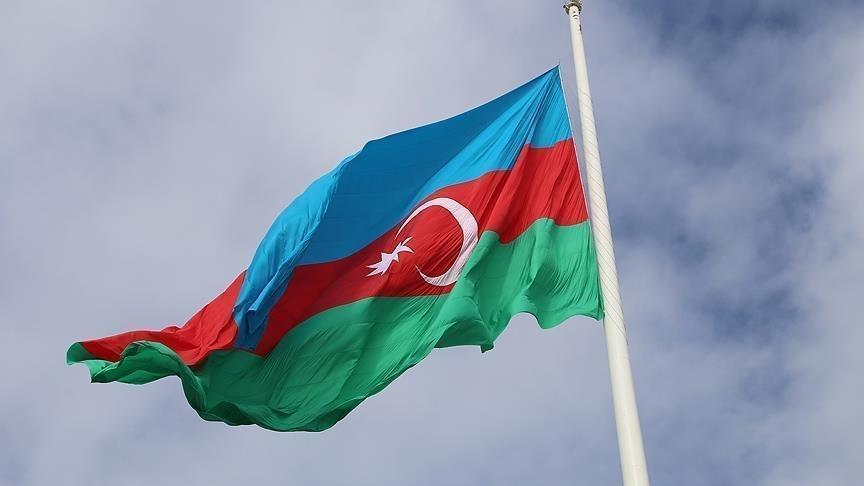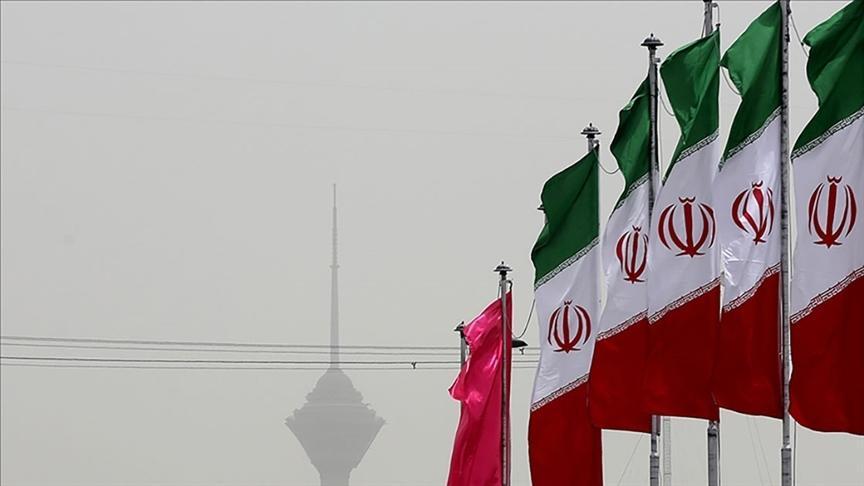Gulf airlines Etihad, Qatar work around US cabin laptops ban
DUBAI - Reuters
 Qatar Airways and Etihad Airways are lending some passengers laptop computers and tablets to use on board following the U.S. ban on most electronics devices from being taken into the cabin on United States-bound flights.
Qatar Airways and Etihad Airways are lending some passengers laptop computers and tablets to use on board following the U.S. ban on most electronics devices from being taken into the cabin on United States-bound flights.On March 25 the U.S. authorities banned electronic devices larger than a mobile phone from being taken into cabins on direct flights to the United States from 10 airports in the Middle East, North Africa and Turkey, including Qatar and the United Arab Emirates.
Qatar Airways said on March 30 complimentary laptops would be available to business class passengers travelling to the United States from next week.
Business class passengers will collect the laptops just prior to boarding, where they will also be able to hand over their own devices to be stowed in the hold with checked-in luggage, the Doha-based airline said in a statement.
Chief Executive Akbar al-Baker said the service allowed the airline to offer a “business as usual” service, despite the restrictions.
Similarly, Etihad is lending tablets and offering unlimited wi-fi to business and first-class passengers travelling on U.S.-bound flights, according to an email seen by Reuters sent to frequent flyer members on Tuesday.
The Abu Dhabi-based airline previously said passengers could hand over prohibited devices at the gate in order to minimize the disruption.
Emirates is also considering loaning devices to passengers travelling to the U.S., President Tim Clark was quoted as telling Bloomberg on March 27.
The airline was the first of the major Gulf airlines to say its passengers could hand over devices immediately prior to boarding.
The restrictions, prompted by reports that militant groups want to smuggle explosive devices in electronic gadgets, state that electronics larger than a mobile phone - including laptops and tablets - must be stowed with checked baggage on U.S.-bound passenger flights.
Industry experts have warned the ban could weaken passenger demand for the Gulf carriers on U.S. routes.
Gulf airlines rely on business-class flyers stopping over in places like Dubai or Doha for far-flung destinations and the ban risks pushing passengers to travel with airlines not affected.
Al-Baker said on March 27 it was too early to tell if there had been an impact on demand.
Emirates said booking rates on U.S. flights fell 35 percent after President Donald Trump’s first travel ban which like the electronics ban only applied to Muslim-majority countries.
















